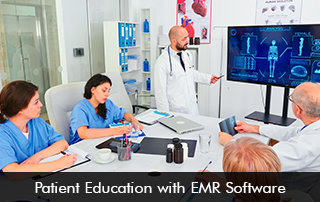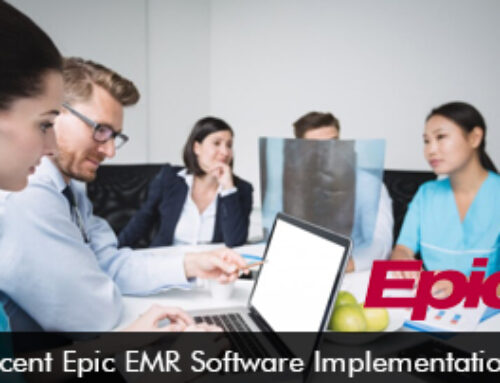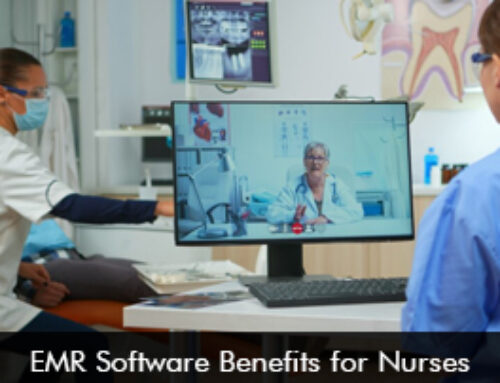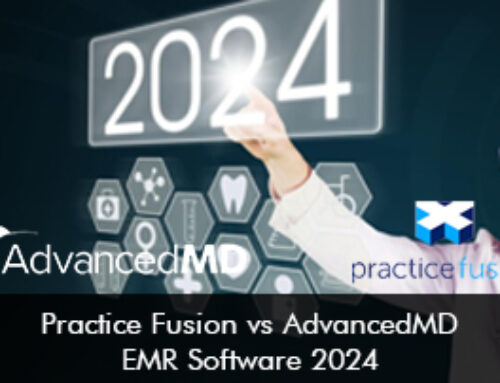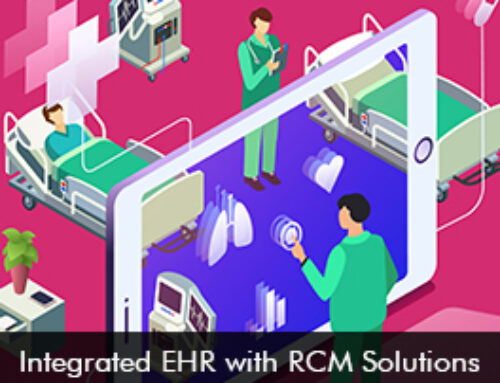In light of Health Education Week which is observed annually to raise awareness by promoting understanding of various health-related issues. Organizations, institutions of learning, and healthcare professionals frequently plan workshops, seminars, health fairs, and community outreach initiatives during Health Education Week. The objective is to give people the knowledge and tools they need to make educated decisions about their health and well-being.
What is Patient Education?
Patient education is the practice of informing and educating patients to improve their understanding of health-related issues, medical conditions, available treatments, and self-care techniques.
Patient education is to equip people with the knowledge and skills necessary to make wise decisions about their health and well-being, effectively manage their medical conditions, and take an active role in their treatment.
Effective patient education can be imparted by providing educational resources, encouraging self-care, and providers sharing all relevant and important information about treatments, medications, etc. With the advent of technology, Electronic Medical Records (EMR) Software plays a vital role in patient education and therefore contributes to improving overall health outcomes.
What is the Role of EHR Software in Patient Education?
Healthcare organizations have tapped EMR Software systems widely in the USA. The robust software not only helps to streamline clinical, administrative, and financial workflows but can be utilized as a tool to boost patient education by offering accessibility to vital information electronically. The adoption of electronic health record software improves the efficiency and effectiveness of educational activities while also fostering a patient-centered approach to care.
Let’s look at how EHR Software can support and facilitate patient education:
Integration of Educational Resources
Some EMR Software systems include capabilities that allow educational resources to be integrated directly into the electronic health record. Links to articles, films, and other educational materials that patients can use to learn more about their health concerns and treatment options can be included. The easy access to educational resources via the software can improve patient education greatly.
Appointment Reminders and Alerts Feature
Patients can receive automatic appointment reminders and health alerts via EHR software. These reminders include information regarding pre-appointment preparations, such as fasting for blood tests or bringing a medication list.
Preventive Care
Providers can utilize EHR Software alerts to remind patients of upcoming screenings, and necessary vaccinations. This way the patients don’t forget to get vital flu shots, COVID-19 shots, and other important blood tests to help in preventive care.
HIPAA-Compliant Secure Messaging
A top-ranked EMR Software integrates seamlessly with the patient portal platform. The Patient Portal EHR Software allows patients to conveniently message their healthcare provider. The direct, and seamless two-way communication helps patients discuss treatment plans, and rectify any confusion they have about their medications.
Access to Health Records
Patient portals in Electronic Medical Records systems allow users to access their health records, review test results, and obtain educational materials and resources that are relevant to their medical conditions. Furthermore, patient portals can also act as strong patient engagement tools by empowering patients to participate throughout their healthcare journey.
Final Takeaway
The use of healthcare technology solutions such as EMR Software and Patient Portal systems provides a platform for the organization, accessibility, and transmission of health information, acting as a fundamental instrument for enhancing patient education.


